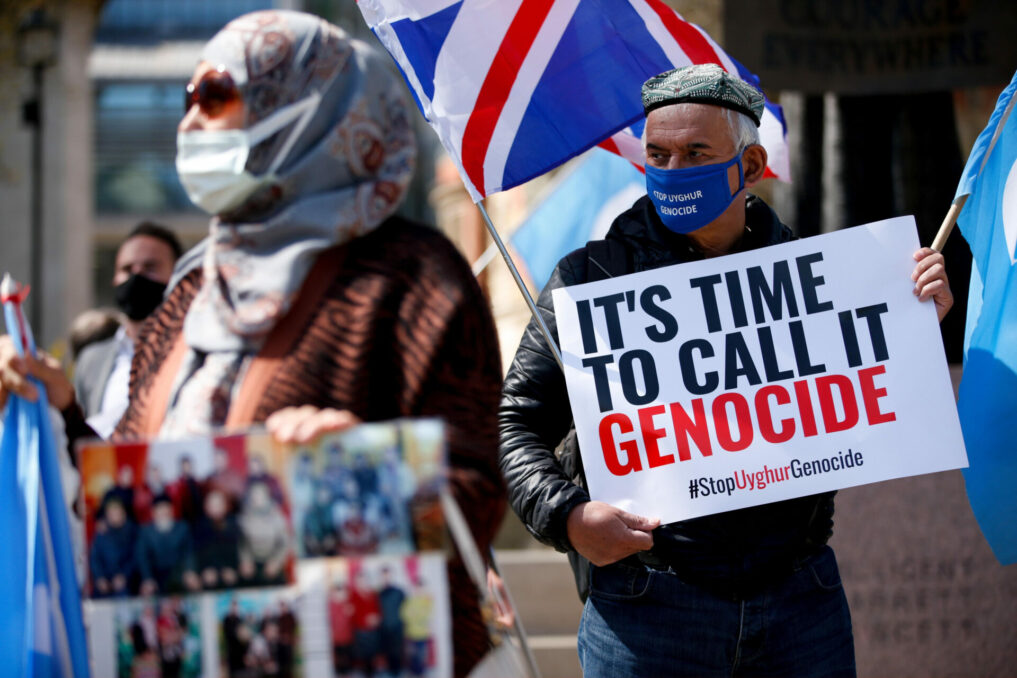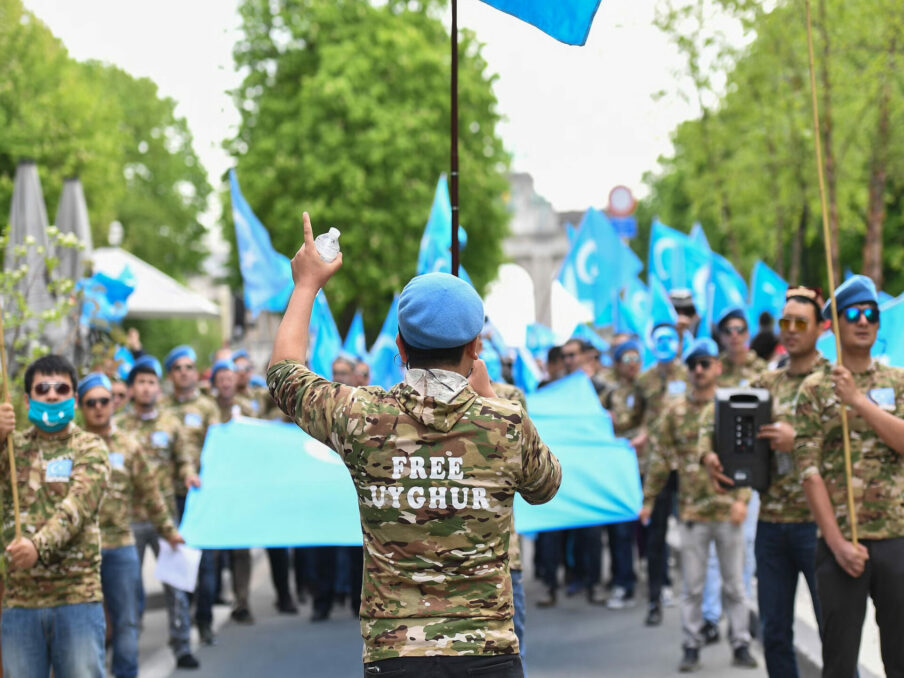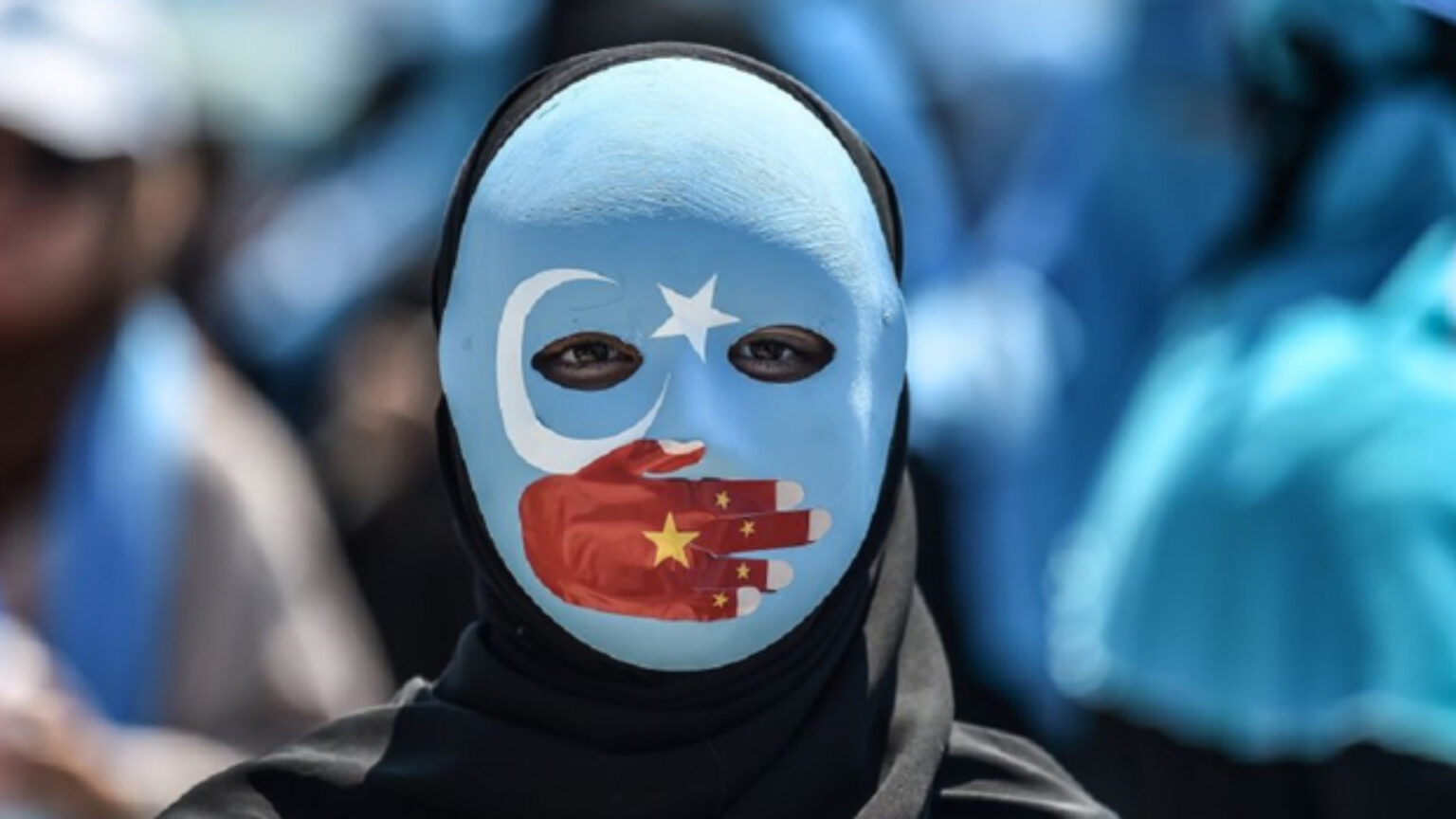Researchers claim that China is using threats against Uyghur families to get Uyghurs living overseas to spy on human rights activists. Intimidating methods are driving communities apart, refugees and campaigners claim, according to a BBC report.

Uyghurs’ plight in China
Since more than a million Uyghurs are purportedly being held in internment camps, Uyghurs within China have been residing under close observation.
The US in particular has long accused China of carrying out a genocide against the Uyghur Muslim population in the Xinjiang area. China’s activities in Xinjiang were labeled “crimes against humanity” in a UN report issued last year.
Despite Chinese attempts to stall or prevent its release, the study was in the works for years.
President Xi Jinping of China has made it abundantly plain on several occasions that Islam is able to thrive in China if it is transformed to reflect Chinese perspective. The nation has acknowledged operating what it calls “vocational training camps,” which are actually concentration camps.

Story of a refugee
It was revealed that Beijing officials were using a Uyghur refugee by the name of Alim (name changed) as bait to coerce him into attending gatherings of Uyghur human rights activists in order to acquire intelligence and feed it back to the Chinese government.
They would phone me and ask whether I would be going anytime there was an anti-China demonstration in London, according to Alim, who was quoted as saying.
Beijing also gave him money, he said, so that he might try to make friends with the heads of several campaign organizations that included UK people.
In the event that questions about his recent financial success were raised, the officer advised forming a firm as a front. Alim was informed that other firms had previously been established in the name of other people for that same reason.
He is trapped in a vicious cycle as a result of the implicit threat that his family may suffer damage if he refused.
Alim claims, “They are holding my family hostage.” “I am experiencing a dark time.”
Transnational repression refers to the methods governments use to control their diasporas overseas.
According to research, Chinese authorities frequently employ this particular type, which limits contact to family members at home via video calls in return for obedience abroad.
Together with his colleague Nyrola Elimä, Dr. David Tobin of the University of Sheffield has carried out some of the most extensive studies on the subject to date. They have conducted surveys and interviews with more than 200 Uyghurs living abroad. He claims that all Uyghurs who reside outside of China are captives of global oppression.
Family division is the main strategy, he claims. Dr. Tobin claims that even in cases where calling relatives who still reside in China is logistically possible, they never answer. He claims that there is a presumption that calls will be recorded and a worry that speaking up openly would put them in danger.
Situation in Turkey
In Turkey, a historically safe refuge for Uyghurs, the situation is much more dire. Nearly 80% of the 148 respondents in Turkey said that Chinese authorities had made similar threats.
“Young people are avoiding attending Uyghur protests and gatherings. They fear that some of the locals may be spies. An Uyghur in Turkey informed the BBC that China’s strategy was effective.
Turkish officials are aware of what is taking on, but they have been sluggish to act because, in the words of Dr. David Tobin, “a country is more likely to cooperate or simply turn a blind eye the more dependent it is on funding from China.”
China has reportedly sought to exert pressure on Julie Millsap through her in-laws, according to the activist from the US who collaborates with the Uyghur Human Rights Project. She disclosed that once she started working on her campaign, local police started calling her extended relatives in China, claiming they desired to be friends.”













